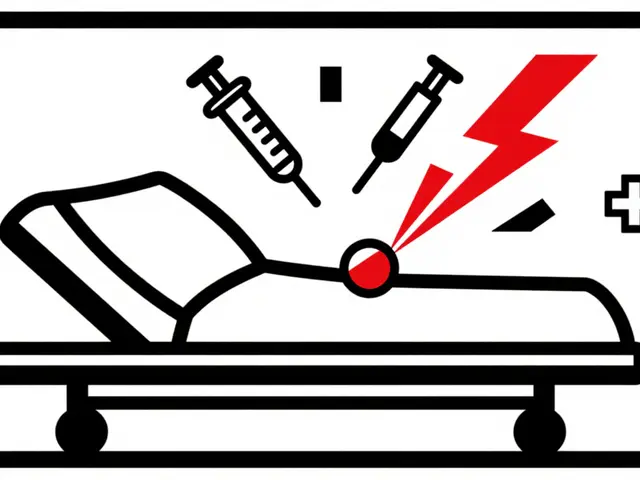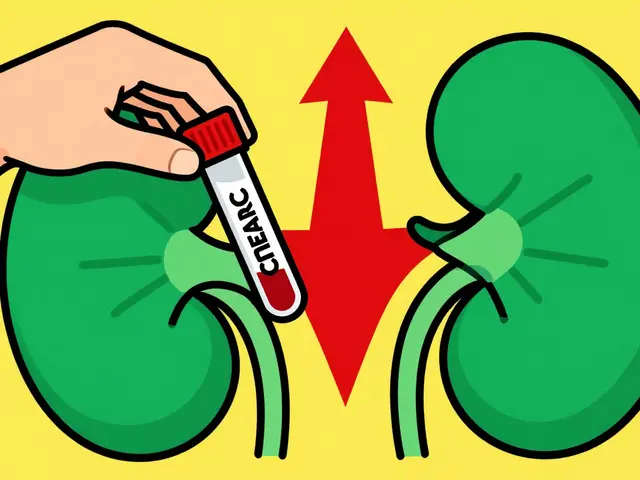Ovulation Support Made Easy: Real Tips You Can Use Now
If you’re trying to get pregnant, the first thing to know is that ovulation is just one part of a bigger picture. It’s not magic – it’s biology that reacts to what you eat, how you move, and how you manage stress. Below are clear actions you can take today to give your body the best chance to release a healthy egg.
Eat for Hormone Balance
What you put on your plate directly influences the hormones that control ovulation. Aim for a mix of protein, healthy fats, and complex carbs every meal. Foods rich in omega‑3s – such as salmon, walnuts, and flaxseed – help keep prostaglandins balanced, which is key for regular cycles.
Don’t forget iron and zinc. Low iron can cause anovulatory cycles, so include lean red meat, beans, or leafy greens. Zinc sources like pumpkin seeds and oysters support the enzymes that convert cholesterol into estrogen and progesterone.
Lifestyle Moves That Matter
Exercise is great, but over‑training can suppress ovulation. Aim for 150 minutes of moderate activity a week – think brisk walks, light jogging, or yoga. If you’re already very active, add a rest day to keep cortisol from spiking.
Sleep matters more than most people realize. Six‑to‑eight hours per night helps regulate melatonin and, in turn, the reproductive hormones. Try a wind‑down routine: dim lights an hour before bed, limit screens, and keep the bedroom cool.
Stress is a silent ovulation killer. When you feel tense, try deep breathing, short meditation, or a quick walk outside. Even five minutes of focused breath can lower cortisol enough to let your cycle run smoother.
Targeted Supplements for Ovulation
While food should be the foundation, certain supplements can fill gaps. A daily prenatal‑type vitamin with 400 µg folic acid is a standard recommendation – it supports egg quality and reduces early pregnancy loss.
Myoinositol (often paired with D‑chiro‑inositol) has solid research behind it for improving ovarian function, especially in women with PCOS. A typical dose is 2 grams twice a day, taken with meals.
If you’re low on vitamin D, a 1,000–2,000 IU supplement can boost hormone production. Vitamin B‑complex, particularly B6, helps balance estrogen and progesterone levels.
When to Seek Professional Help
If you’ve tracked your cycles for three months and still don’t see a clear pattern, it’s time to talk to a doctor. Hormone panels can reveal hidden issues like thyroid imbalance or elevated prolactin that interfere with ovulation.
A fertility specialist may suggest timing intercourse using an ovulation predictor kit or recommend medications such as clomiphene if natural methods aren’t enough.
Remember, every body is unique. What works for one person might need tweaking for another. Start with the diet and lifestyle steps above, add a supplement that matches your needs, and keep an eye on how your cycle responds. Small, consistent changes often lead to the biggest improvements in ovulation health.






